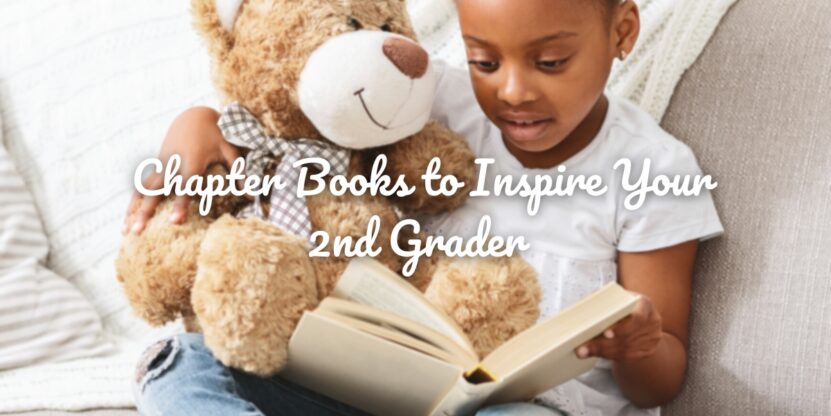As a parent or caregiver, inspiring and entertaining a 2nd grader can be quite challenging. However, the right chapter book can capture a child’s imagination, inspire their creativity, and spark a lifelong love of reading. With so many options available, selecting the perfect chapter book for a 2nd grader can be overwhelming.
That’s why we’ve created a list of the top 8 chapter books that will inspire your 2nd grader. These books are a perfect blend of captivating stories, engaging characters, and educational value. From timeless classics to modern favorites, this list has something for every young reader.
Top 8 Chapter Books to Spark Imagination and Delight 2nd Graders
1. “Charlotte’s Web” by E.B. White
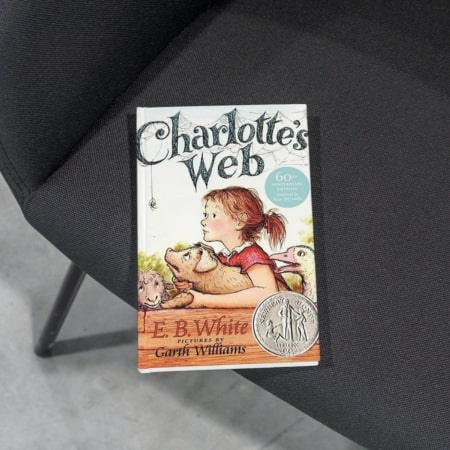
“Charlotte’s Web” is a timeless classic that has been captivating readers for generations. “Charlotte’s Web” spins messages to save Wilbur and teaches important values like friendship, loyalty, and kindness. The story imparts vital virtues such as camaraderie, fidelity, and benevolence while Charlotte’s web saves Wilbur from being slaughtered.
The story imparts vital virtues such as camaraderie, fidelity, and benevolence while Charlotte’s web saves Wilbur from being slaughtered. The book’s gentle humor and engaging storyline make it an ideal read-aloud for parents and children.
2. “The Magic Tree House” series by Mary Pope Osborne
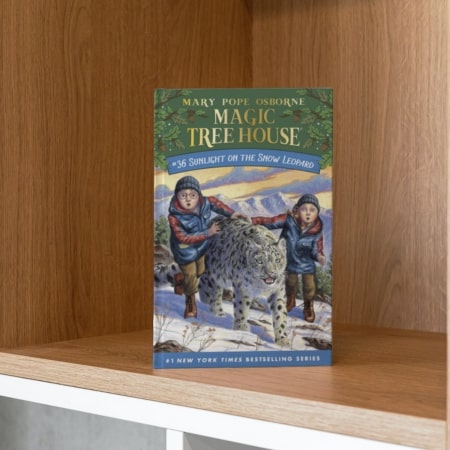
“The Magic Tree House” series is a beloved children’s book series that has sold millions of copies worldwide. The series follows siblings Jack and Annie, who travel through time and space with the help of a magical treehouse. Each book focuses on a different time period or location, providing readers with a fun and educational experience. The books are also relatively short, making them perfect for young readers with shorter attention spans.
3. “Ramona Quimby, Age 8” by Beverly Cleary
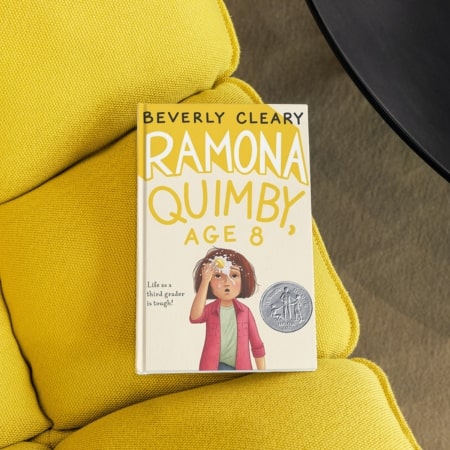
Beverly Cleary’s “Ramona Quimby” series has been a favorite of children for decades. “Ramona Quimby, Age 8” is the fourth book in the series and follows Ramona as she navigates the challenges of 3rd grade. The book explores themes such as sibling rivalry, friendship, and independence, making it relatable for many young readers.
4. “The One and Only Ivan” by Katherine Applegate
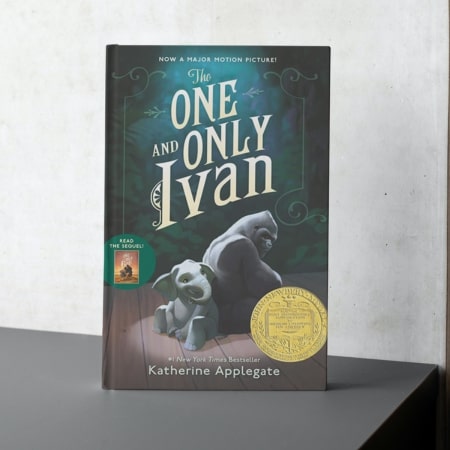
“The One and Only Ivan” is a heartwarming story about a gorilla named Ivan who lives in a shopping mall. The book is based on a true story and explores themes such as animal rights, friendship, and the importance of family. The book’s short chapters and beautiful illustrations make it an accessible and engaging read for young readers.
5. “The BFG” by Roald Dahl
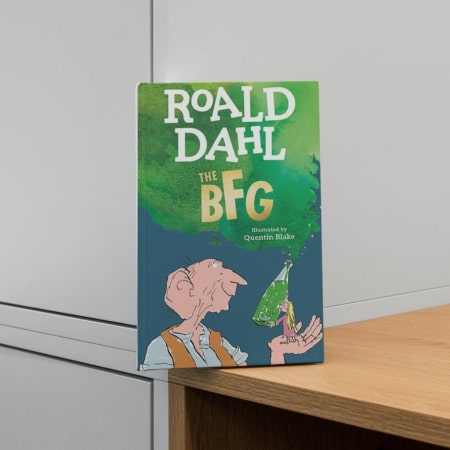
Roald Dahl is a master storyteller who has captured the imaginations of children for generations. “The BFG” is one of his most popular books and follows the adventures of a young orphan named Sophie and the Big Friendly Giant. The book’s whimsical characters, clever wordplay, and imaginative plot make it a fun and memorable read for children of all ages.
6. “Junie B. Jones” series by Barbara Park

The “Junie B. Jones” series follows the misadventures of a precocious kindergartner named Junie B. Jones. The books are written in a humorous and relatable style that appeals to young readers. The series is also notable for its focus on empathy and kindness, making it an excellent choice for parents who want to encourage these values in their children.
7. “The Tale of Despereaux” by Kate DiCamillo
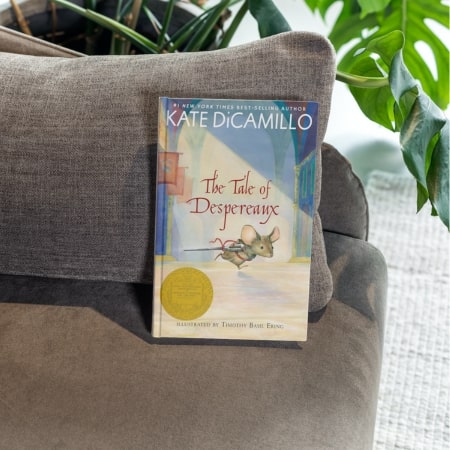
“The Tale of Despereaux” is a fairy tale about a brave little mouse named Despereaux who falls in love with a princess. The book’s charming characters, beautiful illustrations, and richly imagined world make it an enchanting read for young readers. The book also explores important themes such as forgiveness, redemption, and the power of love.
8. “Harry Potter and the Sorcerer’s Stone” by J.K. Rowling
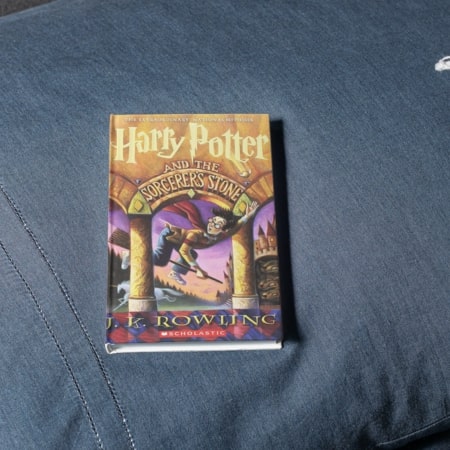
“Harry Potter and the Sorcerer’s Stone” is the first book in the wildly popular “Harry Potter” series by J.K. Rowling. The book follows the adventures of a young orphan boy named Harry Potter, who discovers that he is a wizard and enrolls in a magical school called Hogwarts. The book’s engaging characters, intricate plot, and magical world-building have captured the imaginations of readers of all ages. While the later books in the series may be more appropriate for older readers, the first book is accessible and enjoyable for children in second grade.
Conclusion
The eight books listed above are a great starting point, but there are many other excellent chapter books available that can capture the imagination of a 2nd grader. Parents and caregivers should keep in mind their child’s interests and reading level when selecting a book and be prepared to read aloud or discuss the book with their child. With the right book, reading can become an enjoyable and enriching experience for children, and who knows, it may even spark a lifelong love of reading.
It is important to remember that reading is a vital skill that can benefit children in numerous ways. Reading can help children develop language skills, expand their vocabulary, and improve their comprehension abilities. Moreover, reading can also foster creativity, improve critical thinking skills, and enhance empathy and emotional intelligence. So, take the time to explore different books and genres, and encourage your child to read for pleasure. By doing so, you are not only providing them with a source of entertainment but also giving them a gift that will benefit them for a lifetime.
FAQ
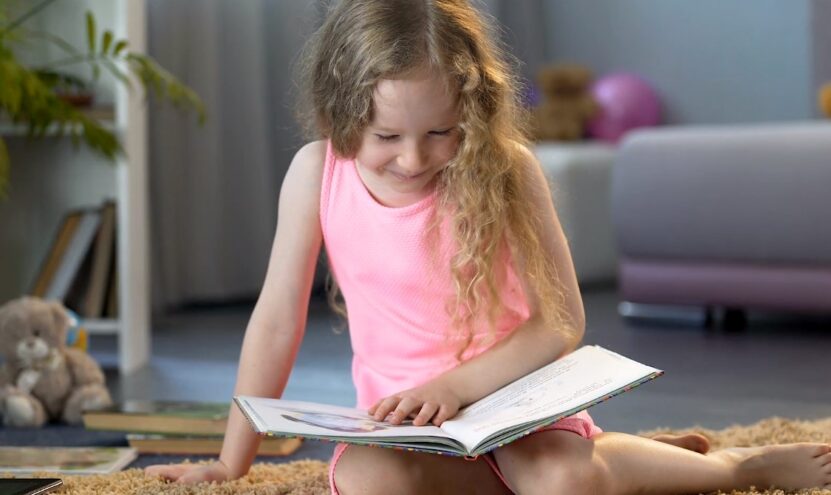
Q: Are the books on this list appropriate for boys and girls?
Yes, the books on this list are appropriate for both boys and girls.
Q: Is there an ideal reading level for second graders?
Second graders typically have a reading level between grades 1-3. However, it is important to keep in mind that every child is different, and reading levels can vary.
Q: Are these books suitable for read-aloud?
Yes, all the books on this list are suitable for read-aloud. In fact, reading aloud to children is an excellent way to build their literacy skills and foster a love of reading.
Q: Can these books be found at the library?
Yes, most of these books can be found at your local library. Additionally, many libraries also offer digital copies of books that can be downloaded onto a device.
Q: Are these books appropriate for bedtime reading?
Yes, these books are great for bedtime reading as they have engaging storylines that can capture a child’s imagination and help them unwind before going to sleep.
Q: Do these books have illustrations?
Yes, many of these books have illustrations that can help young readers visualize the story and characters.
Q: Are these books appropriate for classroom reading?
Yes, these books are appropriate for classroom reading and can be used to supplement the curriculum or as part of a read-aloud session.
Q: Can these books help improve reading skills?
Yes, these books can help improve reading skills by providing young readers with exposure to new vocabulary, sentence structure, and story elements.
Q: Are these books suitable for children with learning disabilities?
Many of these books have simple language and engaging storylines, making them suitable for children with learning disabilities. However, it is important to consult with a teacher or educational specialist before selecting a book for a child with learning disabilities.
Q: Are these books available in audiobook format?
Yes, many of these books are available in audiobook format, which can be helpful for children who struggle with reading or for those who prefer to listen to stories.
Q: Are these books suitable for older or advanced readers?
Some of the books on this list may be suitable for older or advanced readers, but it is important to assess each child’s individual reading level and interests before selecting a book.
Q: Can these books be used to teach life lessons?
Yes, many of these books explore themes such as friendship, kindness, and perseverance, making them great tools for teaching important life lessons.
Q: Are there discussion questions or activities available for these books?
Yes, many websites and educational resources provide discussion questions and activities for these books, which can help deepen a child’s understanding of the story and its themes.
Q: How can parents encourage their children to read more?
Parents can encourage their children to read more by setting aside regular reading time, providing a variety of books, and modeling good reading habits by reading themselves. Additionally, praising and rewarding children for reading can help motivate them to read more.

